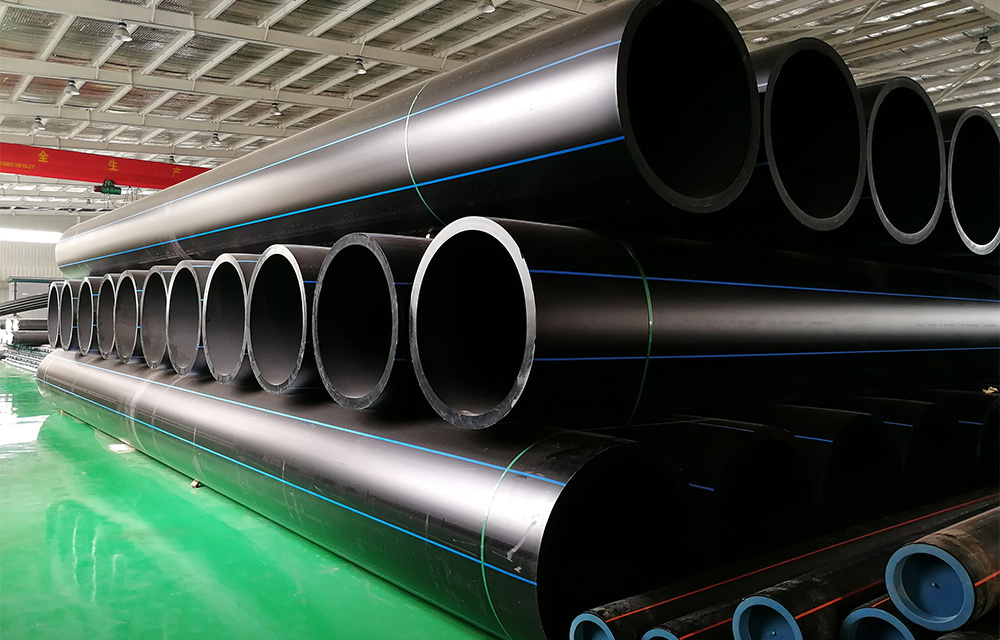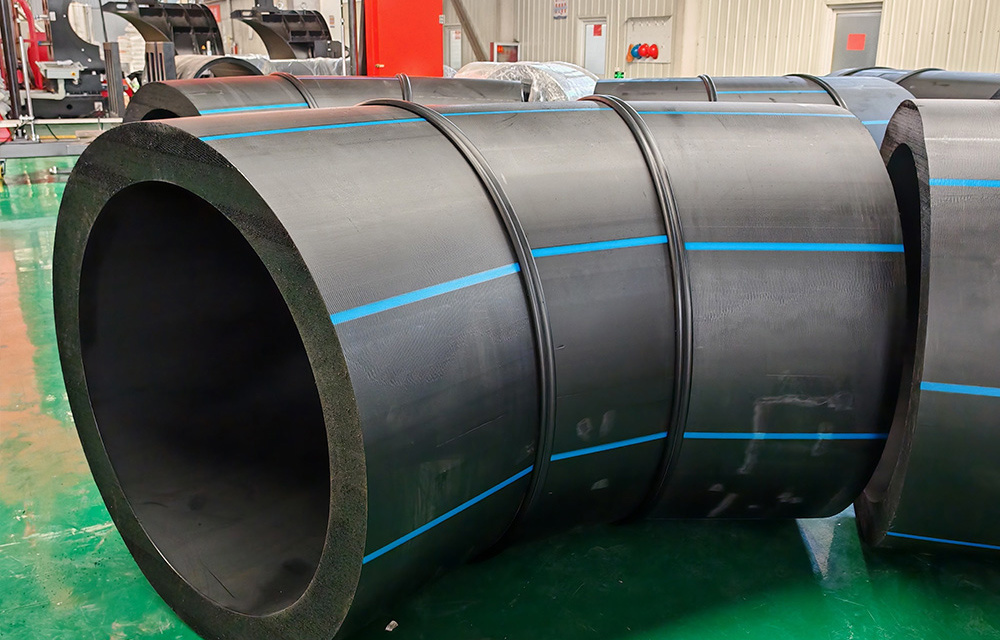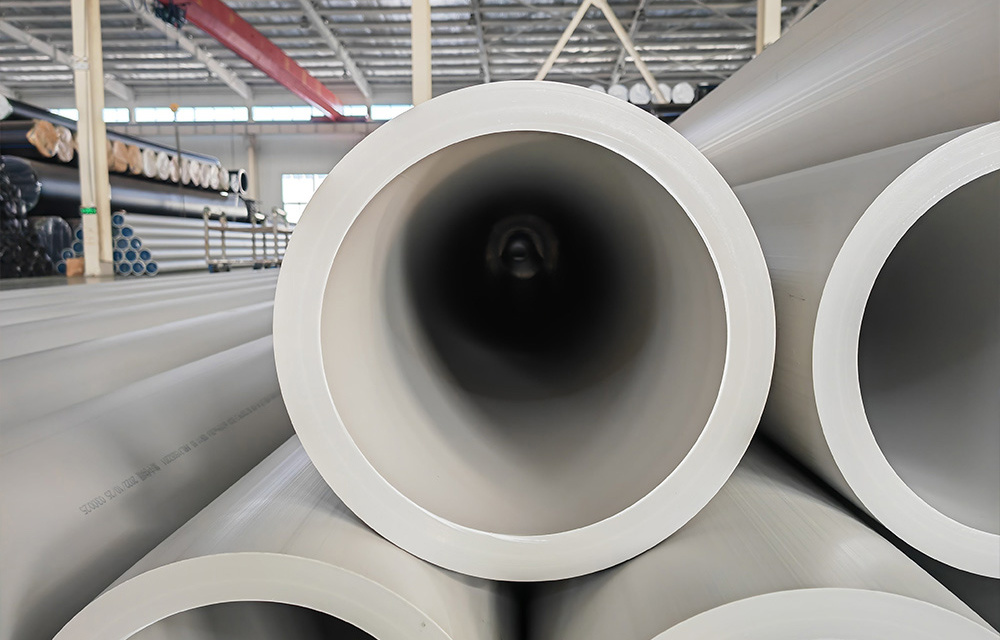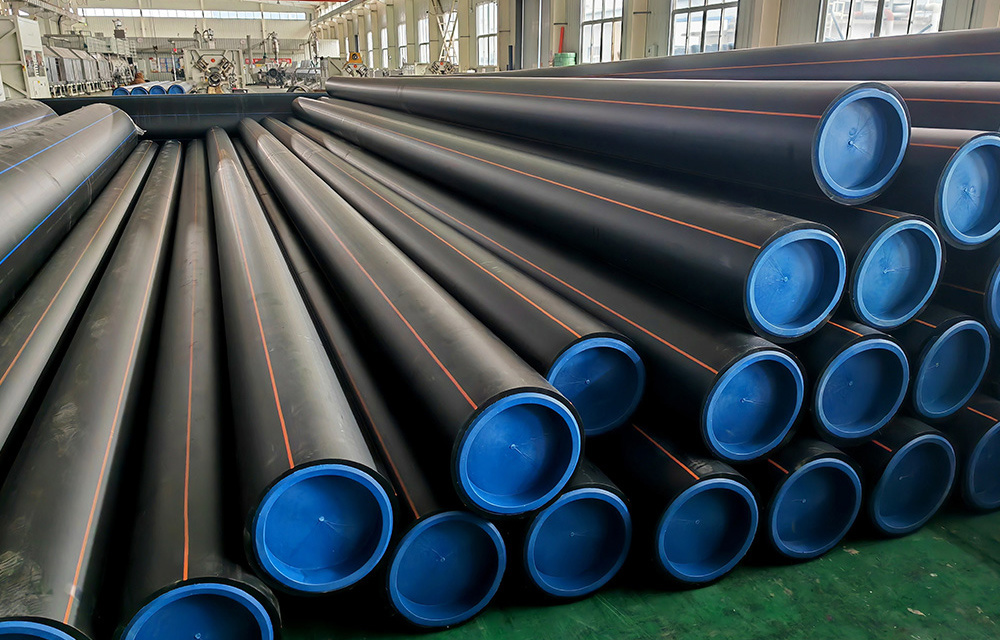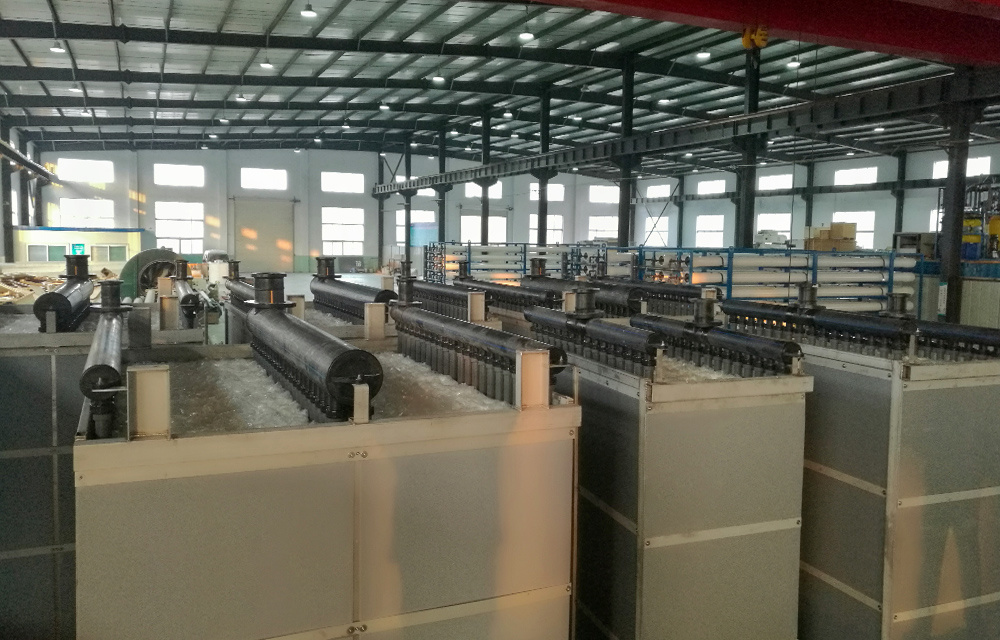23
2025
-
10
Top 5 Applications for PPH Hot Melt Pipe Fittings in the Industry
Top 5 Applications for PPH Hot Melt Pipe Fittings in the Industry Introduction to PPH Hot Melt Pipe Fittings PPH (Polypropylene Homopolymer) hot melt pipe fittings have gained significant traction in the construction and decoration materials industry due to their unique properties and benefits. These fittings are designed to offer superior performance in various applications, making them indispens
Top 5 Applications for PPH Hot Melt Pipe Fittings in the Industry
Introduction to PPH Hot Melt Pipe Fittings
PPH (Polypropylene Homopolymer) hot melt pipe fittings have gained significant traction in the construction and decoration materials industry due to their unique properties and benefits. These fittings are designed to offer superior performance in various applications, making them indispensable for professionals in plumbing, chemical processing, and other sectors. In this article, we will explore the **top five applications** of PPH hot melt pipe fittings, providing insights into their advantages and suitability for different industrial uses.
1. Plumbing Systems: Enhanced Durability and Efficiency
1.1 Why Choose PPH for Plumbing?
PPH hot melt pipe fittings are particularly favored in plumbing systems due to their excellent resistance to corrosion and chemical aggression. Unlike metal fittings, which can rust over time, PPH remains stable even in challenging environments. This longevity reduces the need for frequent replacements, making PPH fittings a cost-effective solution for plumbing applications.
1.2 Application in Residential and Commercial Plumbing
In both residential and commercial settings, PPH fittings are used extensively for hot and cold water distribution systems. Their ease of installation, coupled with their ability to withstand high temperatures, makes them ideal for various plumbing needs. Additionally, PPH fittings provide a leak-proof system, minimizing water wastage and enhancing overall efficiency.
2. Chemical Processing: Safe and Reliable Transport
2.1 The Importance of Material Selection
In the chemical processing industry, the choice of materials is critical. PPH hot melt pipe fittings are designed to handle a wide range of chemicals without degrading, making them a reliable choice for transporting aggressive substances. Their chemical resistance ensures that they do not react with the fluids they carry, which is essential for maintaining system integrity.
2.2 Applications in Industrial Environments
PPH fittings are commonly used in various chemical processing applications, including the transportation of acids, alkalis, and solvents. Their ability to withstand extreme temperatures and pressures further enhances their applicability in industrial environments where safety is a primary concern. By using PPH fittings, businesses can ensure the safe and efficient transport of hazardous materials.
3. HVAC Systems: Optimal Performance and Energy Efficiency
3.1 Benefits of PPH in Heating and Cooling Systems
Heating, ventilation, and air conditioning (HVAC) systems require materials that can withstand varying temperatures and pressures. PPH hot melt pipe fittings are an excellent choice for these systems due to their thermal stability and energy efficiency. They help maintain consistent temperatures, reducing energy consumption and operational costs.
3.2 Use Cases in HVAC Installations
In HVAC installations, PPH fittings are utilized in both water and air distribution systems. Their lightweight nature makes them easier to handle and install, while their durability ensures long-term performance. Additionally, PPH fittings help minimize noise and vibration, contributing to a more comfortable indoor environment.
4. Food and Beverage Industry: Ensuring Safety and Hygiene
4.1 Compliance with Health Standards
The food and beverage industry demands the highest standards of safety and hygiene. PPH hot melt pipe fittings are compliant with food safety regulations, ensuring that they do not leach harmful substances into the fluids they carry. This makes them a preferred choice for applications involving food processing and beverage production.
4.2 Applications in Food Processing Plants
In food processing plants, PPH fittings are used for transporting water, juices, and other liquid products. Their resistance to bacterial growth and ease of cleaning contribute to maintaining hygiene standards. As the industry continues to evolve, the demand for reliable and safe piping solutions like PPH fittings will only increase.
5. Agriculture and Irrigation Systems: Reliable and Efficient Solutions
5.1 The Role of PPH in Agricultural Applications
Agriculture relies heavily on effective irrigation systems to ensure optimal crop yields. PPH hot melt pipe fittings are used extensively in irrigation systems due to their durability and resistance to environmental factors such as UV radiation and moisture. Their longevity helps reduce maintenance costs and ensures consistent water delivery.
5.2 Enhancing Water Distribution in Farming
In farming applications, PPH fittings are ideal for both surface and subsurface irrigation systems. Their ability to withstand varying pressure levels and temperatures makes them suitable for diverse agricultural settings. Additionally, PPH fittings’ lightweight properties facilitate easier transportation and installation, proving beneficial in large farming operations.
Conclusion
PPH hot melt pipe fittings have established themselves as a versatile solution across various industries. From plumbing systems to chemical processing and agriculture, their unique properties offer reliability, durability, and efficiency. As industries continue to evolve, the demand for high-quality piping solutions like PPH fittings will remain strong. By understanding their applications and benefits, businesses can make informed choices that enhance operational efficiency and ensure long-term success.
FAQs
1. What are PPH hot melt pipe fittings made of?
PPH hot melt pipe fittings are made from polypropylene homopolymer, a material known for its excellent chemical resistance and durability.
2. How do PPH fittings compare to traditional metal fittings?
PPH fittings are more resistant to corrosion, lighter in weight, and easier to install than traditional metal fittings. They also have a longer lifespan, reducing the need for frequent replacements.
3. Can PPH fittings be used for high-temperature applications?
Yes, PPH fittings can withstand high temperatures, making them suitable for hot water and steam applications in various industries.
4. Are PPH fittings compliant with food safety regulations?
Absolutely! PPH fittings are compliant with health and safety standards, making them a safe choice for applications in the food and beverage industry.
5. What advantages do PPH fittings offer in irrigation systems?
PPH fittings provide durability, resistance to UV radiation and moisture, and efficient water distribution, making them ideal for agricultural and irrigation applications.


